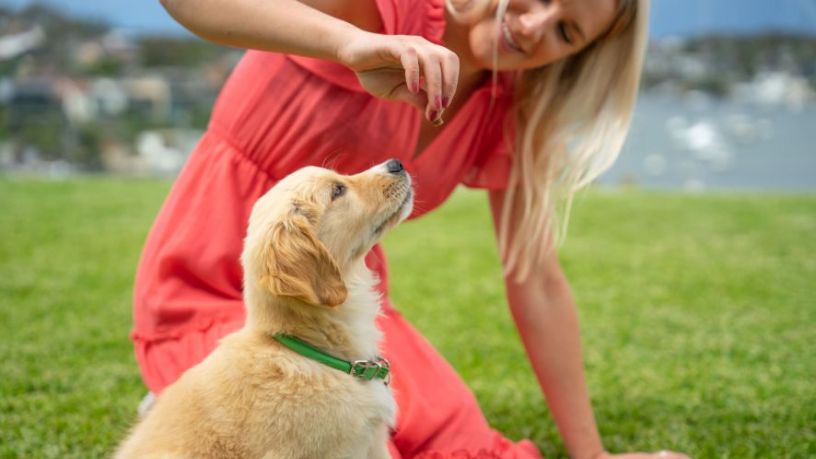
Dog Aggression Towards Visitors: A Guide for Pet Owners
Share
When your beloved dog shows aggression towards visitors, it can be distressing for both the pet and the owner. Not only does it create a negative atmosphere, but it can also be a sign of underlying issues that need attention. As a health-conscious pet owner, its important to understand the root causes, manage the behavior, and seek solutions that promote a harmonious household.

Understanding Dog Aggression Towards Visitors
Dogs are naturally territorial animals, and their aggressive behavior towards visitors can often be attributed to fear, anxiety, or a lack of socialization. Its essential to recognize these triggers early so that you can address them effectively. Stressful environments and unexpected changes can also exacerbate their aggressive tendencies.
For a deeper dive into understanding canine behavior, consider exploring this article on Dog Aggression Towards Owners and how it relates to their behavior towards visitors.
Root Causes of Aggression
Fear and Anxiety
Fear often masquerades as aggression in dogs. A sudden noise, unfamiliar faces, or an erratic movement can trigger a protective response. Dogs may perceive visitors as threats, which can lead to aggressive behaviors such as barking, growling, or even biting. Addressing their fears through gradual desensitization can alleviate this response.
Lack of Socialization
Another common reason for dog aggression towards visitors is inadequate socialization during a pets formative years. Dogs that are not exposed to different people, sounds, and environments may become fearful adults. Socialization with other animals can also be beneficial as part of their behavioral training.
Territoriality
Dogs may display aggression to defend their territory your home. They see visitors as intruders encroaching on their space. Understanding this instinctive behavior is crucial for implementing effective training strategies.
Training Techniques to Mitigate Aggression
Training is a crucial element in managing and mitigating dog aggression towards visitors. Consistent training helps establish trust and control, allowing your dog to feel more secure and less threatened by guests.
Positive Reinforcement
Using a rewards-based system, reinforce calm behavior when your dog greets guests. This method encourages positive associations with visitors and reduces aggressive tendencies. For more in-depth training tips, check out these Top 10 Dog Training Tips.
Desensitization
Gradual exposure to guests can help desensitize your dog. Start with familiar visitors and reward your dogs calm behavior. Over time, this can significantly reduce aggression levels.
Obedience Commands
Basic obedience training forms the foundation for any behavioral modification. Commands like sit, stay, and leave it offer a way to direct your dogs focus away from the guest and onto you.
Explore relatable training approaches in our articles on handling Dog Aggression Towards Strangers and more.
When to Seek Professional Help
In some cases, professional intervention is necessary. Persistent aggression can be a sign of deeper issues, requiring the expertise of a trained animal behaviorist. Dont hesitate to consult a professional if you feel overwhelmed by your dogs behavior.
Vet Consultation
Sometimes, health issues can contribute to aggression. Visiting your vet ensures there are no underlying medical reasons for your dogs behavior.

FAQs
How can I determine if my dogs aggression is fear-based?
Observe your dogs body language. Fearful dogs often cower, put their tail between their legs, or avoid eye contact.
What if the aggression doesnt improve with training?
If training doesnt yield results, consult a professional dog trainer or a veterinary behaviorist for a tailored approach.
Is medication ever a good solution for aggressive dogs?
Medication can be helpful in conjunction with behavioral training, especially if anxiety is overwhelming for the dog. A vet can guide you on the best approach.
This article contains affiliate links. We may earn a commission at no extra cost to you.
